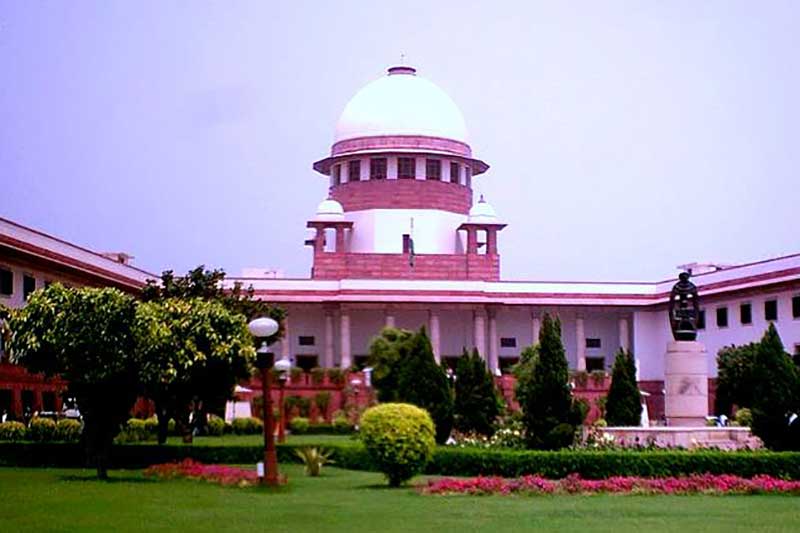
On August 24, the Supreme Court of India ruled unanimously in a 9-0 verdict that the right to privacy is a fundamental right. It is protected as an intrinsic part of the right to life and personal liberty under Article 21 and as a part of the freedoms guaranteed by Part III of the Indian Constitution. Article 21 states: “No person shall be deprived of his life or personal liberty except according to procedure established by law.”
This judgement was issued in response to petitions challenging the mandatory use of India’s national ID, Aadhaar. Citizens are assigned a 12-digit unique identity number, linked to their demographic and biometric information. Previously there was no standard national ID in the country. Over 1.1 billion or 85% of the country’s population have signed up for Aadhaar.
It is meant to be used as a form of secure identification to access government services and welfare benefits. It has the potential to bring huge benefits in areas such as leakages from public distribution schemes. Gradually, Aadhaar has been made mandatory for a wide range of activities, from filing taxes, opening bank accounts and financial transactions above Rs. 50,000 (USD 780) to getting a mobile number. The Supreme Court has issued multiple rulings in the meantime regarding the question if the use of Aadhaar can be made mandatory and to what extent.
Opponents said that such widespread mandatory use of Aadhaar would enable the collection of data to create a detailed profile of a person, including their spending habits, property and a wealth of other information.
To the petitioners’ argument that Aadhaar would violate the right to privacy, the Attorney General raised the objection that Indians could claim no constitutional right of privacy contained observations that the Indian Constitution does not specifically protect the right to privacy.
The Supreme Court overruled two previous judgements which held that the right to privacy is not protected by the Constitution. The bench noted that the “Constitution has evolved and must continuously evolve to meet the aspirations and challenges of the present and the future. Nor can judges foresee every challenge and contingency which may arise in the future. This is particularly of relevance in an age where technology reshapes our fundamental understanding of information, knowledge and human relationships that was unknown even in the recent past.”
The judgement document says that information technology together with the Internet and the social media and all their attendant applications have rapidly altered the course of life in the last decade.
The Court also dismissed the argument that the right to privacy is an elitist construct and must be forsaken in the interest of welfare entitlements provided by the State, saying that civil and political rights and socio-economic rights do not exist in a state of antagonism. It added that “the refrain that the poor need no civil and political rights and are concerned only with economic well-being has been utilised though history to wreak the most egregious violations of human rights.”
Informational privacy is a facet of the right to privacy. Restrictions of the right to privacy may be justifiable in certain circumstances, such as balance against other fundamental rights; legitimate national security interest; public interest including research; and criminal offences, subject to the principle of proportionality.
The court also noted the establishment of a committee in late July comprising of members from government, academia and industry to study and identify key data protection issues and recommend methods for addressing them. It said that the creation of a data protection regime would require a careful and sensitive balance between individual interests and legitimate concerns of the state.
Reuters quoted Minister of Law and Justice and Communications and Information Technology, Ravi Shankar Prasad, as saying that the ruling was an affirmation of the government’s stand that privacy was a fundamental right, but subject to reasonable restrictions.
Then implications of this judgement for the use of Aadhaar by the government and the private sector remain to be seen. NDTV reported that a separate bench of the Supreme Court will look into whether Aadhaar can be made mandatory for all financial transactions and for benefits of welfare schemes.
Featured image: Legaleagle86/ CC BY-SA 3.0
















